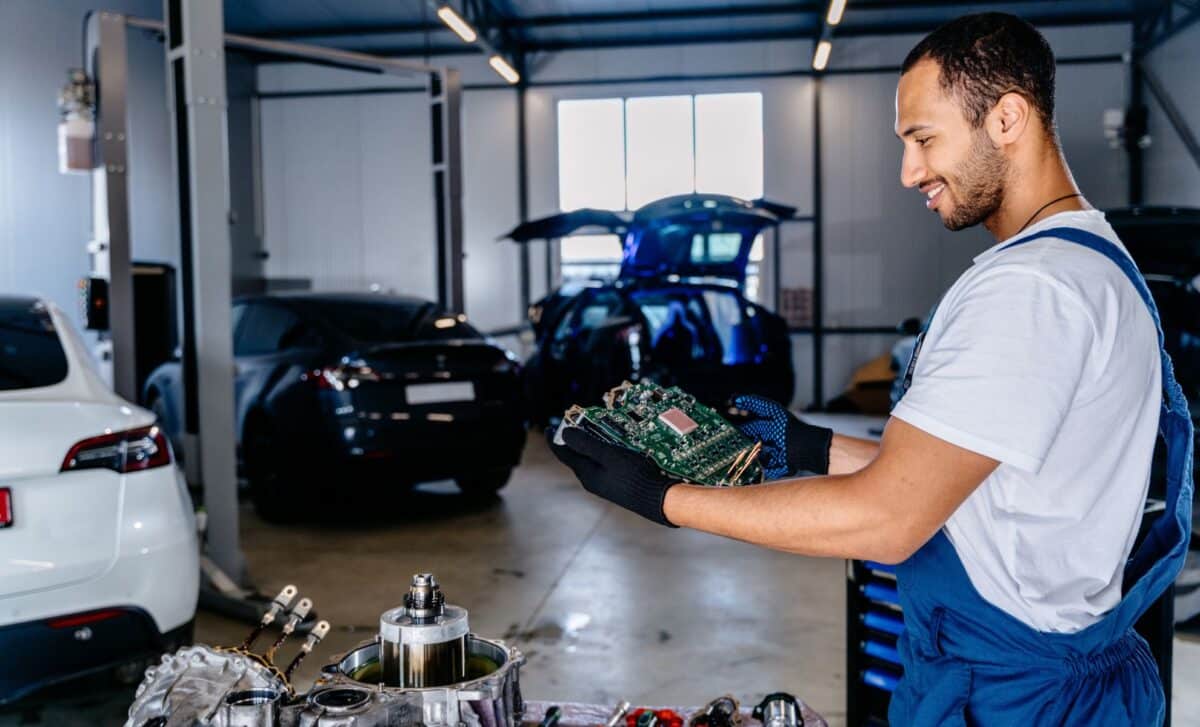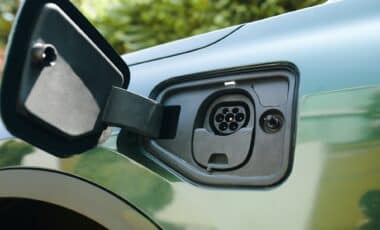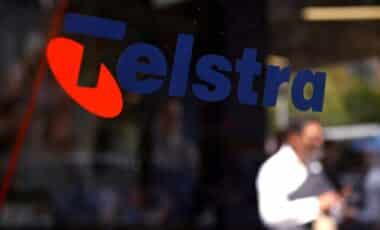New regulations in New South Wales (NSW) will require mechanics to undertake additional training before servicing electric vehicles (EVs) and hybrids, a move that may lead to longer repair times and higher costs for consumers. The laws mandate specialist qualifications even for tasks as basic as wheel alignment on EVs, sparking concerns among industry groups about the impact on repair accessibility.
As the shift towards electric and hybrid vehicles accelerates, these rules aim to ensure safety and competence in handling high-voltage systems. However, industry representatives warn that the implementation timeline and scope of training requirements risk creating a shortage of qualified technicians, particularly in regional areas.
Stringent Training Requirements for EV and Hybrid Servicing
The proposed laws, part of a new Act set to replace the current Motor Dealers and Repairers Regulation from September 2025, require mechanics in NSW to complete specific battery technology and safety courses before legally working on EVs and hybrids.
This includes the AURSS00064 Battery Electric Vehicle Inspection and Servicing Skill Set, which costs between AUD 1,500 and 3,000 and takes up to six days to complete.
Mechanics will need this certification not only to service EVs but also to perform steering, suspension, and wheel alignment work on these vehicles. Tyre fitters may also need to complete training to legally undertake wheel alignments on EVs.
According to the Australian Automotive Aftermarket Association (AAAA), only around 10 per cent of NSW technicians currently hold EV training, highlighting a significant gap that must be bridged under the new rules.
The regulations apply to all mechanics in NSW, including the 49,000 existing professionals—roughly one-third of Australia’s total—who have previously worked on electric or hybrid vehicles.
Tradespeople holding certificates in other repair areas will also be barred from working on hybrids until completing the mandatory Depowering and reinitialising battery course (AURETH101).
Industry Concerns Over Cost and Service Delays
The AAAA has criticised the regulations as “deeply flawed” and hastily introduced, emphasising the potential negative consequences for consumers.
Stuart Charity, CEO of the AAAA, described the changes as “not just a workforce issue—it’s a consumer issue,” warning that the new requirements may reduce access to essential repair services and drive up costs for motorists in NSW.
Charity also highlighted challenges faced by technicians in regional areas who struggle to access the training and find time away from workshops to complete it. He suggested the government’s approach lacked sufficient consultation with industry stakeholders and recommended the introduction of transition plans to ease implementation.
While the AAAA agrees that technicians working on high-voltage vehicles must be adequately trained, it cautions that the legislative barriers created by the new rules risk drastically reducing the number of qualified service providers overnight.
This contraction could result in longer wait times for repairs and higher prices, ultimately affecting vehicle owners across the state.
The regulations reflect growing efforts to standardise EV and hybrid servicing as these vehicles become increasingly common on NSW roads, which currently number around 7.4 million according to Fair Trading data. Balancing safety, expertise, and accessibility will be critical as the state navigates this evolving automotive landscape.









